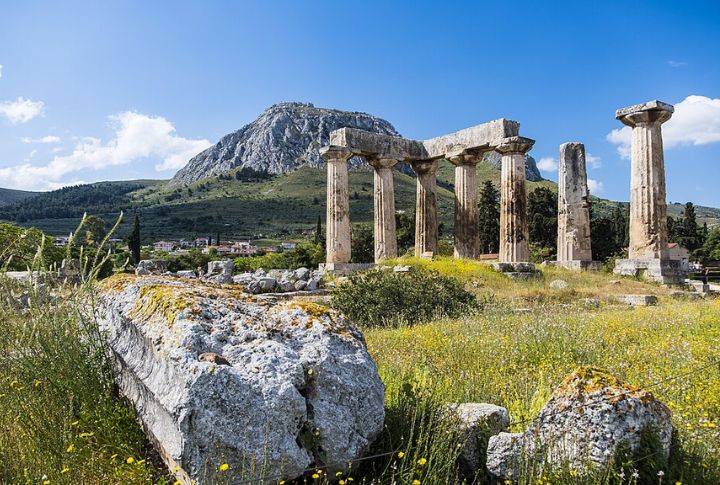
Aphrodite wasn’t just about roses and romance. She crashed into politics and turned beauty into strategy. Her influence stretched across temples, treaties, and bedroom doors. Forget hearts and arrows—this goddess knew how to move empires. Let’s dig into how passion became power under her very persuasive rule.
Inanna Inspired Aphrodite’s Power
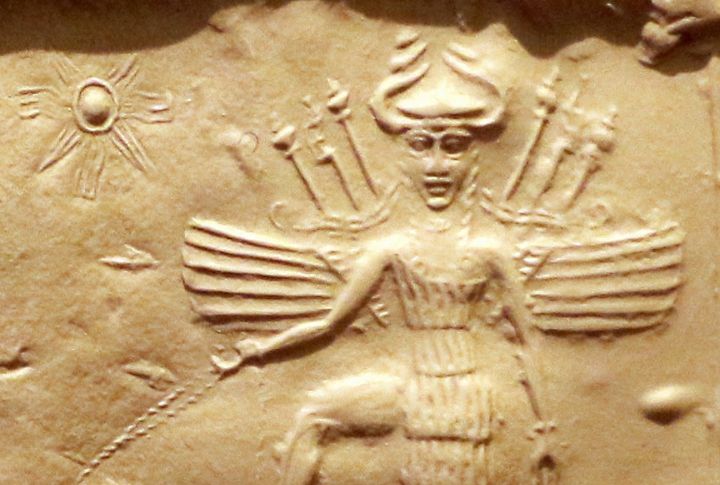
Long before Greek myths, love had already played a key role in leadership. Inanna, the Sumerian love goddess, used physical attraction to negotiate treaties as well as make alliances. Aphrodite later adopted these same tactics to shape how Greek society viewed romance and control. Both goddesses proved that passion was a force that shaped laws in addition to history.
Aphrodite United All Social Classes With Love
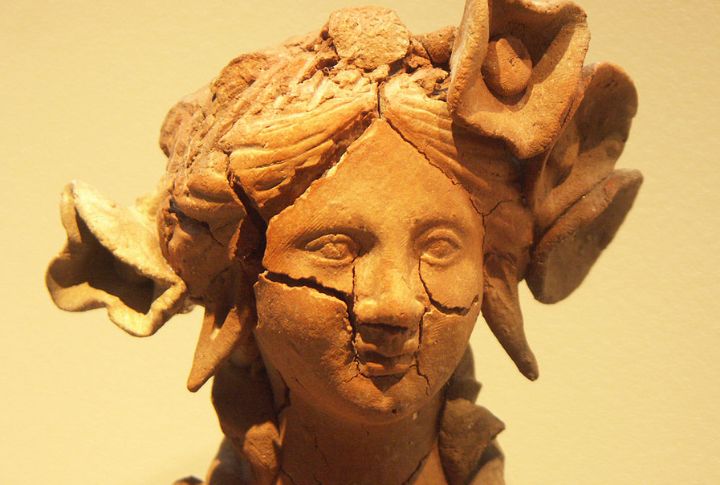
In ancient Greece, it was rare for people of different classes to worship together, but Aphrodite’s Pandemos (epithet associated with civic unity) changed that. Pandemos, meaning “of all people,” was celebrated in festivals like Thesmophoria, which united aristocrats and common citizens alike. Political leaders supported these events because shared love created social stability by reducing class tensions.
Adonia Celebrated Passionate Love Through Mourning
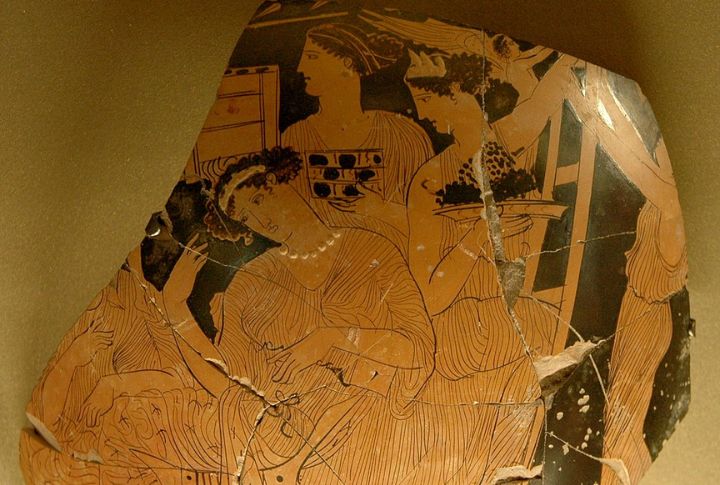
In Athens, women hardly led religious rituals, except during the Adonia festival. For several days, they held full control, mourning Adonis, Aphrodite’s lost lover. They planted fast-growing plants (lettuce and fennel) that withered quickly to create symbolic “Adonis gardens.” Through his tragic death, Aphrodite taught that intense passion always comes with pain, and that even if it feels strong, it may not last forever.
Aphrodite Urania Represented Spiritual Love
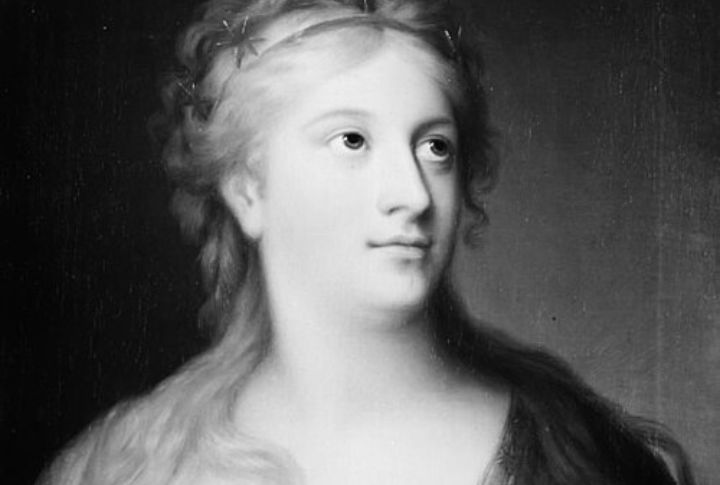
Ancient love worship wasn’t always about sensuality. Aphrodite’s Urania epithet stood for a higher, spiritual form of love. Her rituals began with sage and water purifying the temple, and then her images were carried for ceremonial washing. Worshippers offered only elements like fire, incense, fruits, and flowers—never animal sacrifices—to honor love in its purest form.
Hetairai Gained Economic Independence Through Beauty
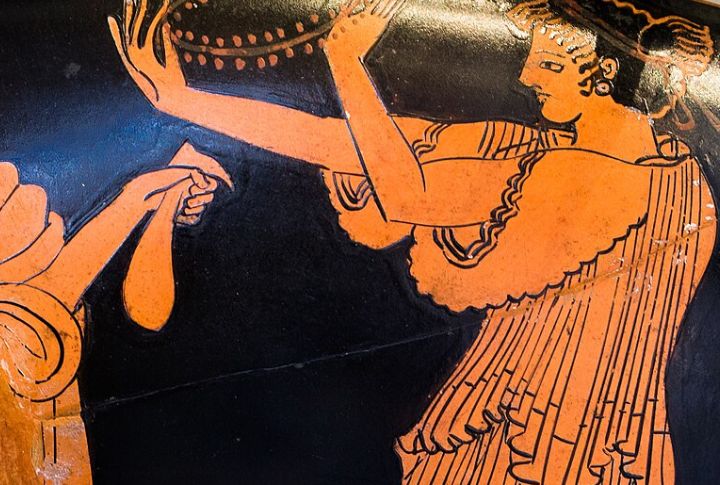
Greek wives were not allowed to own property or make financial decisions for themselves. But, hetairai courtesans rewrote these rules by embracing Aphrodite’s values of autonomy. These educated women studied music, philosophy, and public speaking to attract wealthy clients. Unlike married women, they controlled their finances, proving that beauty could mean economic independence.
Acrocorinth Temple Controlled Sea Trade Routes
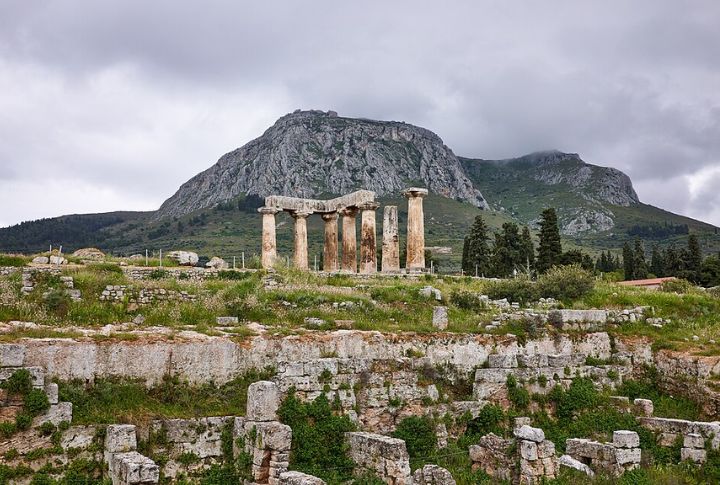
Corinth sat at the perfect spot where two major seas (Aegean and Ionian) met for trade. Aphrodite’s temple on the high hill overlooked every ship entering the harbor. Priestesses, the sacred courtesans there, collected fees from traveling traders. This prime location gave Aphrodite’s cult direct control over Mediterranean commerce, which proved that spirituality and commerce could work together.
Sappho Reimagined Aphrodite For All Forms Of Love
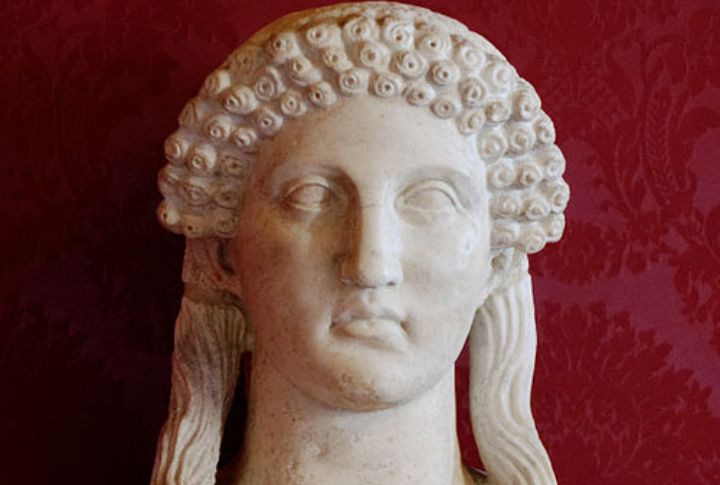
Sappho changed how people viewed divine love by writing poems to Aphrodite about same-gender desires. Her verses showed the goddess as a gentle woman who was responsive to women’s romantic needs as well. Hymns like “Hymn to Aphrodite” shaped romantic writing for centuries. Sappho revealed that Aphrodite’s power included a love that was not just between men and women, but beyond.
Helen Of Troy Demonstrated Beauty’s Political Power
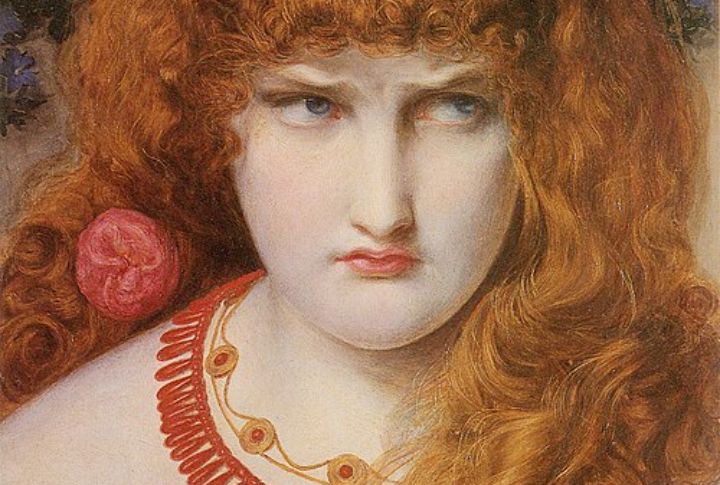
Helen became Aphrodite’s strongest example of beauty used as political power, as her face was said to launch a thousand ships and destroy cities. Helen’s abduction led to the Trojan War, a Greek myth that became a lasting symbol of love’s consequences. Spartans later honored her with the Helenephoria festival to celebrate her incredible charm that changed the world.
Marriage Contracts Invoked Aphrodite’s Blessing For Union
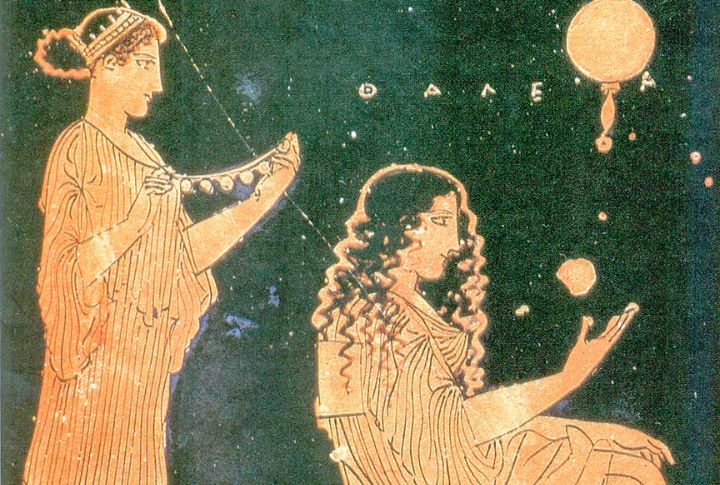
Ancient Greek couples couldn’t just sign marriage papers. They prayed to Aphrodite for beauty and fertility before any commitment. Legal marriage contracts even referenced her as a divine witness to their marriage. Before the wedding night, ritual offerings, like honey cakes, were made to invoke her blessings for a strong foundation of love.
Mystery Cults Taught Secret Knowledge About Love
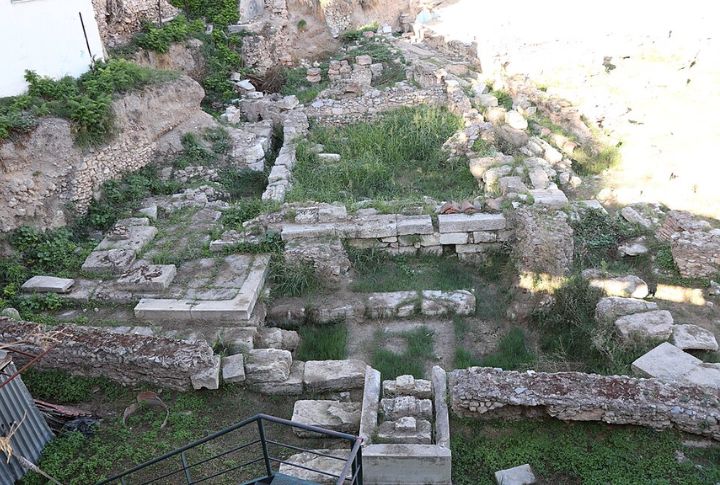
If you think Aphrodite’s power was just shown in public worship, you might be wrong. Her mystery cults held private rituals that explored secret wisdom about love, death, and rebirth. People believed these ceremonies gave access to deeper spiritual truth. By learning to turn desire into inner strength, they saw love not just as pleasure but as personal transformation.

